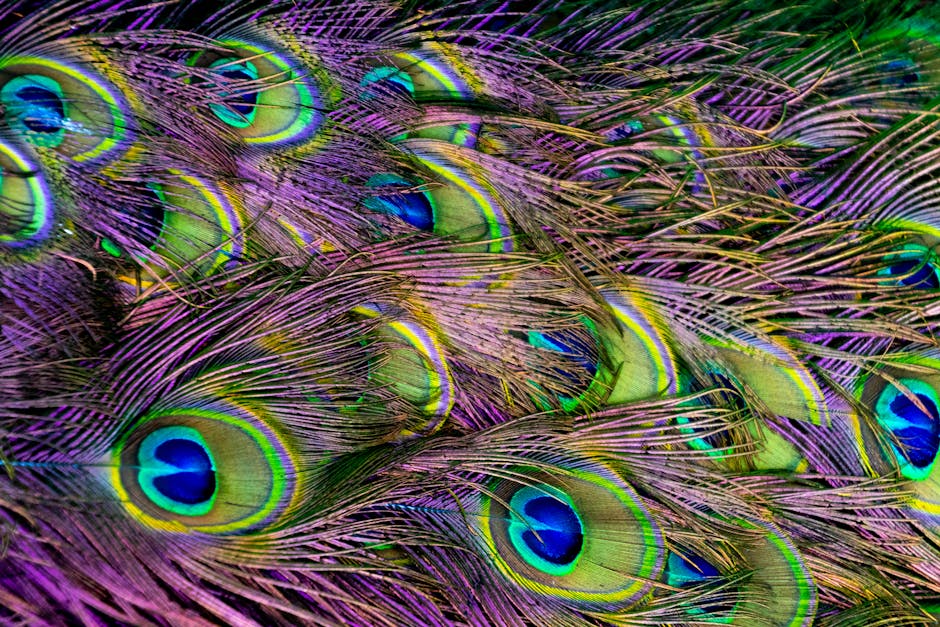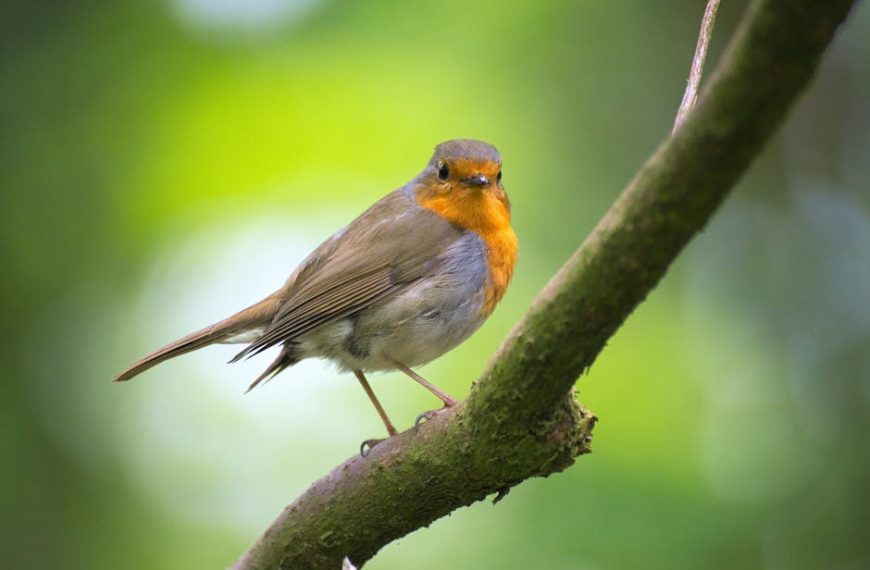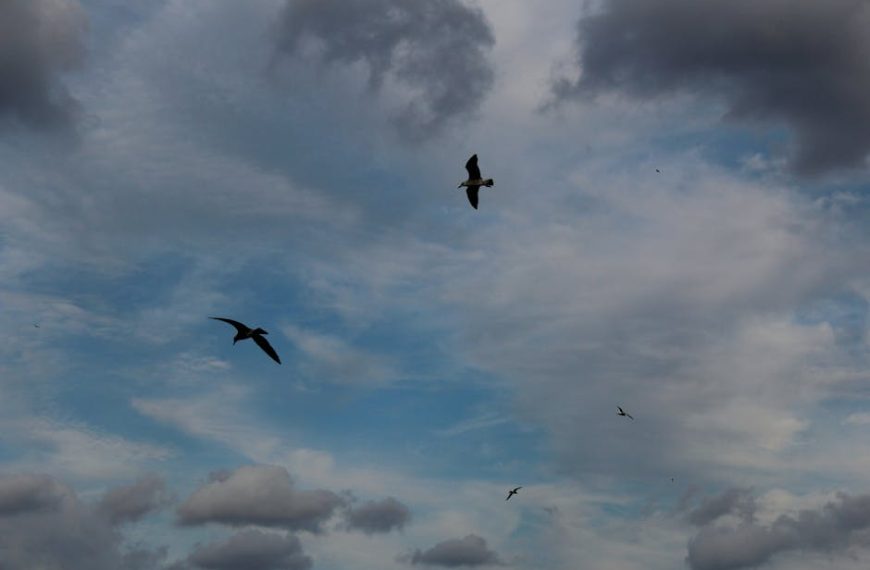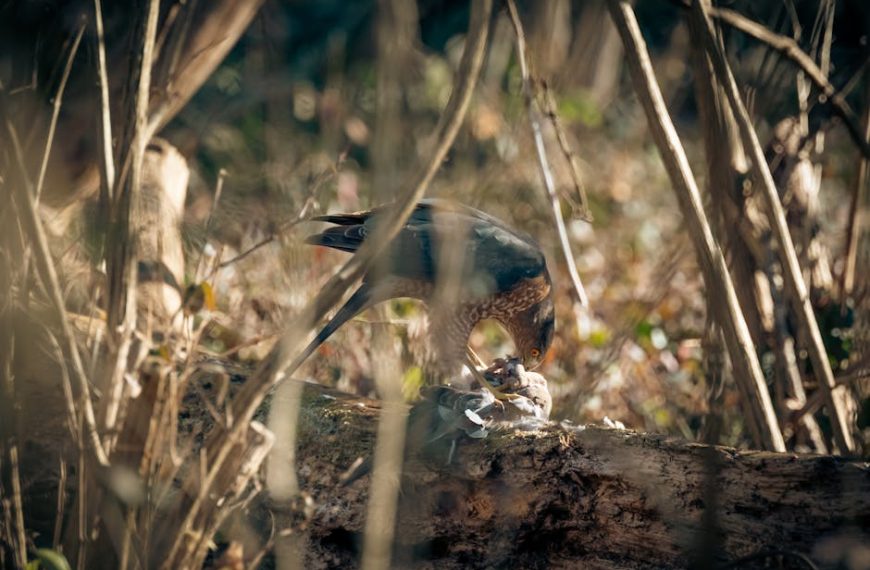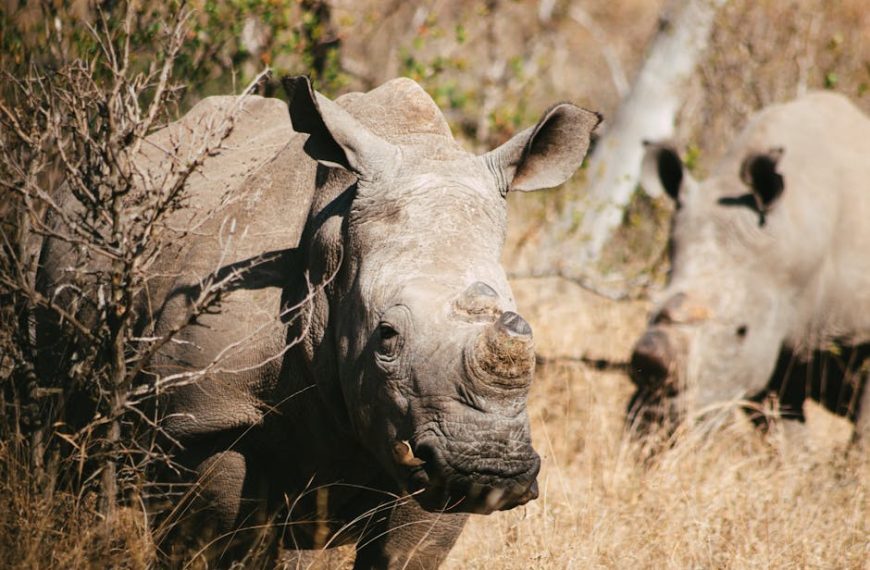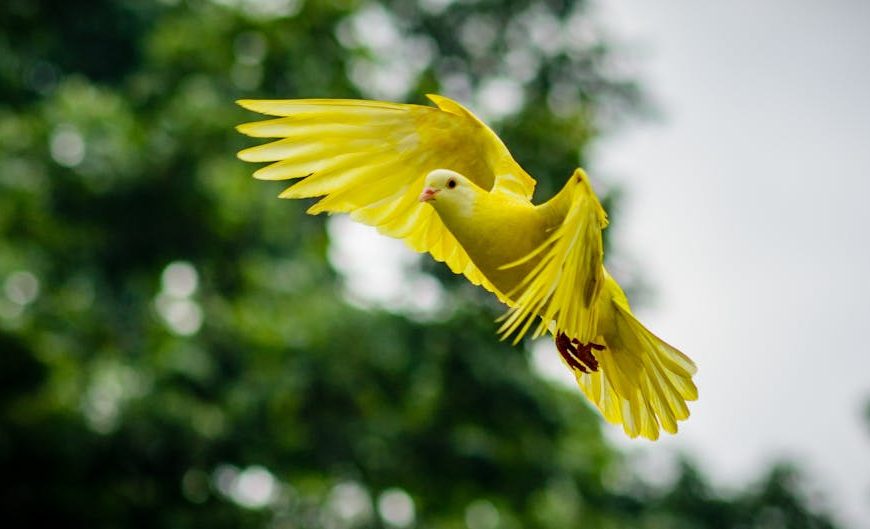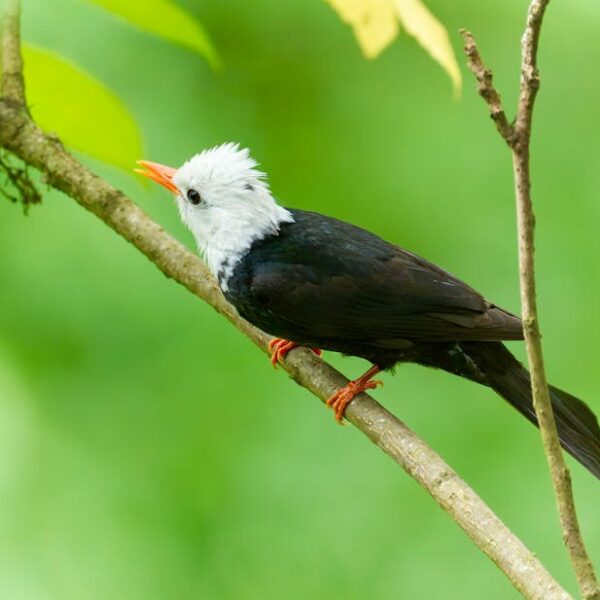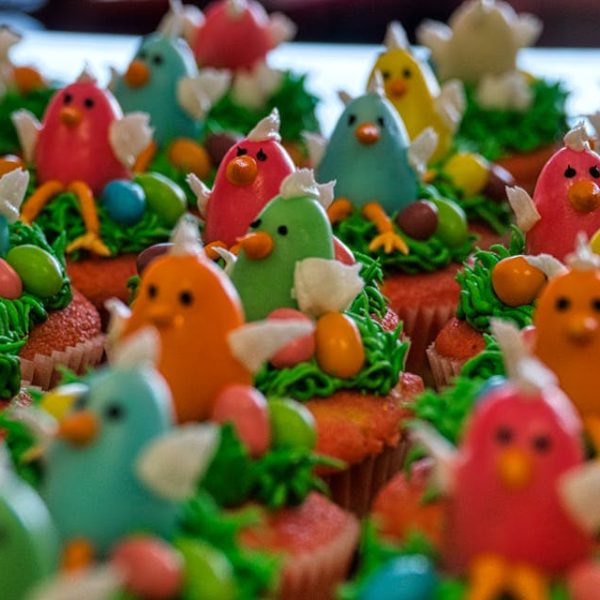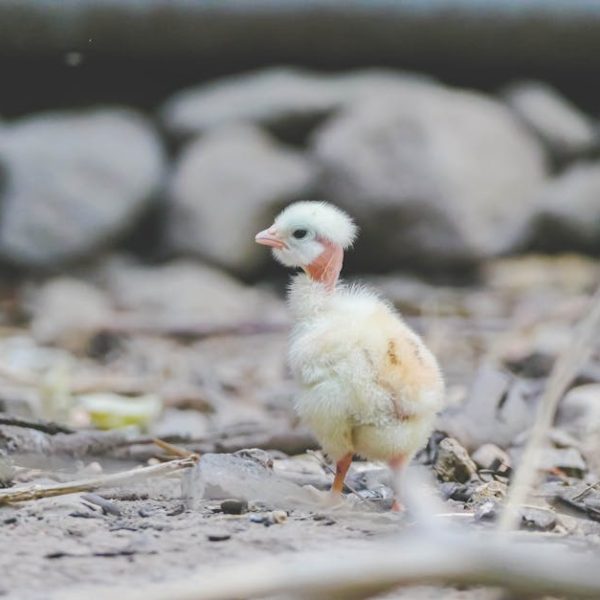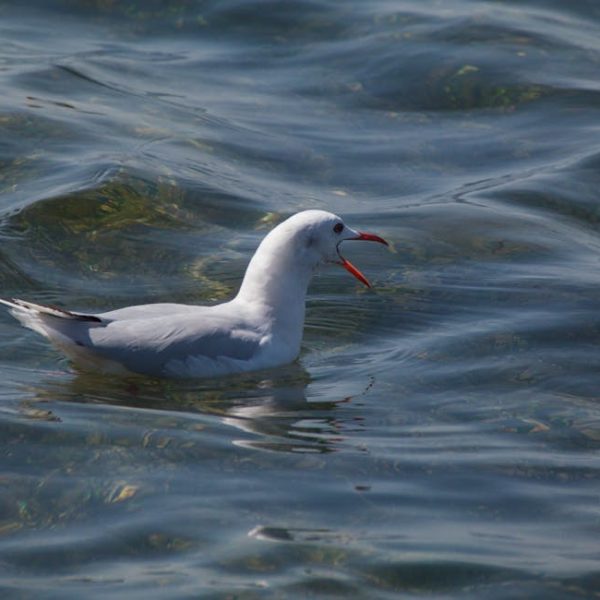Imagine sitting in your garden, enjoying the calm serenity of nature – when suddenly, you’re interrupted by a flurry of wasps. Wouldn’t it be great if there was an effective, natural solution for the wasp problem prevalent in your backyard? We bring you nature’s own pest controllers: birds. Interestingly, a variety of bird species are known to feast on wasps, thus maintaining the ecosystem’s balance by controlling their population.
Birds: Nature’s Own Pest Controllers
Birds have an indispensable role in regulating various pest populations, not least of which is the commonly feared wasp. Often, they become your winged guardians, swooping in and alleviating the issue of these stinging insects. Several bird species, quite literally, have a taste for them and help keep their numbers in check. They contribute significantly to balancing the food chain and preserving nature’s harmony.
We can make our garden buildings and environments more bird-friendly by introducing attractive features such as custom-designed birdhouses and feeders, offering them safe shelter and adequate food supplies. For a more natural approach, fostering native plants that produce bird-enticing seeds, fruits, or nectar can attract our feathered friends and keep them returning, thus upholding an organic pest control system.
The Bird-Wasp Interaction: A Food Chain Perspective
Understanding the bird-wasp interaction warrants a dig into the intricacies of the food chain. Wasps represent a valid food source for several bird species. This predator-prey relationship, while it could potentially reduce the population of beneficial pollinators, primarily deters wasps from becoming overwhelmingly populous. Hence, it’s a crucial aspect of biodiversity, contributing to a balanced ecosystem.
It’s not an absolute win, though. Although birds eating wasps contributes to natural pest control, the stinging insects can be somewhat harmful to some birds. Here’s a quick overview of the dynamics:
- Pros: Natural pest control, biodiversity maintenance.
- Cons: Potential harm to birds, decreased pollinators.
Specific Bird Species known to Eat Wasps
So, which feathered friends should you be inviting for this organic pest control party? Familiar names like starlings, sparrows, and magpies can be spotted enjoying a wasp meal, exhibiting a certain finesse in their hunting and eating habits. They have evolved unique ways to handle their fiery feast, either by plucking off the stinger before consumption or by consuming the less harmful parts of the wasp.
To help you identify these bird species, here’s a simple checklist based on their key distinguishing features:
Remember, bird species may vary based on geographical locations, and hence regional differences in bird populations might affect the organic pest control in your garden.
Attracting Wasp-eating Birds to Your Garden
Now that you’re up to speed with the invaluable role birds play in your garden as pest controllers, how do you set up a conducive environment that encourages their sojourn? Here’s the scoop. Essential factors to consider include bird-friendly elements like feeders, plants, and water sources.
Bird feeders specifically filled with seeds and fruits can be a magnet for birds as they offer an easy and consistent food source. Moreover, ensuring a clean, reliable water source for them will make your garden an attractive pit-stop. A bird bath or even a simple shallow dish of water will suffice.
Creating safe roosting and nesting spots can also encourage birds to make your garden their home. This can be done by leaving dead trees, provided they’re safe and not posing a risk, or by setting up bird boxes at strategic spots in your garden.
Pro Tip : While setting up bird feeders, make sure to:
• Choose the right type of feeder and food based on the bird species you want to attract.
• Place the feeders at a safe distance from potential predators.
• Ensure sanitary conditions by cleaning the feeders regularly to prevent the spread of disease.
Role of Birds in Pest Control and Biodiversity
From our perspective, birds may seem mysterious creatures adorning the sky. But their role in maintaining the balance in our ecosystem is grand. By eating pests including wasps, they function as a critical element of organic pest control which is not only effective but also contributes to biodiversity and environmental preservation.
On the other hand, conventional chemical pest control measures often have detrimental effects on the environment. By disrupting non-target populations and polluting habitats, these artificial pest control measures fall short on sustainability.
Here’s a comparison to weigh the efficacy and environmental impact of these two methods:
| Birds | Chemical Pest Control | |
|---|---|---|
| Efficacy | ✔️ | ✔️ |
| Impact on Biodiversity | Positive (+) | Negative (-) |
| Environmental Impact | Minimal | Detrimental |
| Sustainability | High | Low |
By appreciating and protecting our feathered allies, we not only experience the joy of sharing our space with these charismatic creatures but also partake in fostering a more balanced and sustainable ecosystem. So next time you see a wasp in your garden, remember, there is a bird out there that could use a feast!
Key Takeaway:
- Bird species including Starlings, Sparrows, and Magpies are nature’s own pest controllers who consume wasps, thereby playing an important role in keeping the ecosystem balanced.
- The bird-wasp interaction is a crucial aspect of biodiversity and maintains a check on the population of these pests.
- Attracting wasp-eating birds to your garden may aid in organic pest control and contribute to environmental sustainability.
- Birds considerably help in pest control and promoting biodiversity, making them a more ecologically suitable choice compared to chemical pest control methods.
We can contribute to fostering balanced and sustainable ecosystems by creating bird-friendly environments around us. Embracing birds as natural pest controllers provides an ecological advantage and enhances the enjoyment of our outdoor spaces. Remember, every wasp in your garden is potentially a feast for a bird.
FAQs
Q: Can wasps be harmful to birds?
A: Yes, wasps can potentially harm some bird species, however, many birds have evolved ways to handle their stinging prey safely.
Q: How can I protect my bird feeders from potential predators?
A: You can protect your bird feeders by placing them at a safe distance from potential threat zones and regularly monitoring for signs of predator activity.
Q: What’s a natural way to attract birds to my garden?
A: You can attract birds naturally by fostering native plants that produce bird-enticing seeds, fruits, or nectar in your garden.
Q: Do chemical pest control methods impact the bird population?
A: Yes, chemical pest control methods can have detrimental effects on non-target populations, including birds, and can disrupt their habitats.
Q: How does the presence of birds affect biodiversity?
A: Birds play a significant role in promoting biodiversity by helping control pest populations, thus contributing to a balanced ecosystem.
Enjoyed reading this article? Share it with your circle and encourage more of such natural solutions for pest control. For more insightful posts, continue exploring our website.
